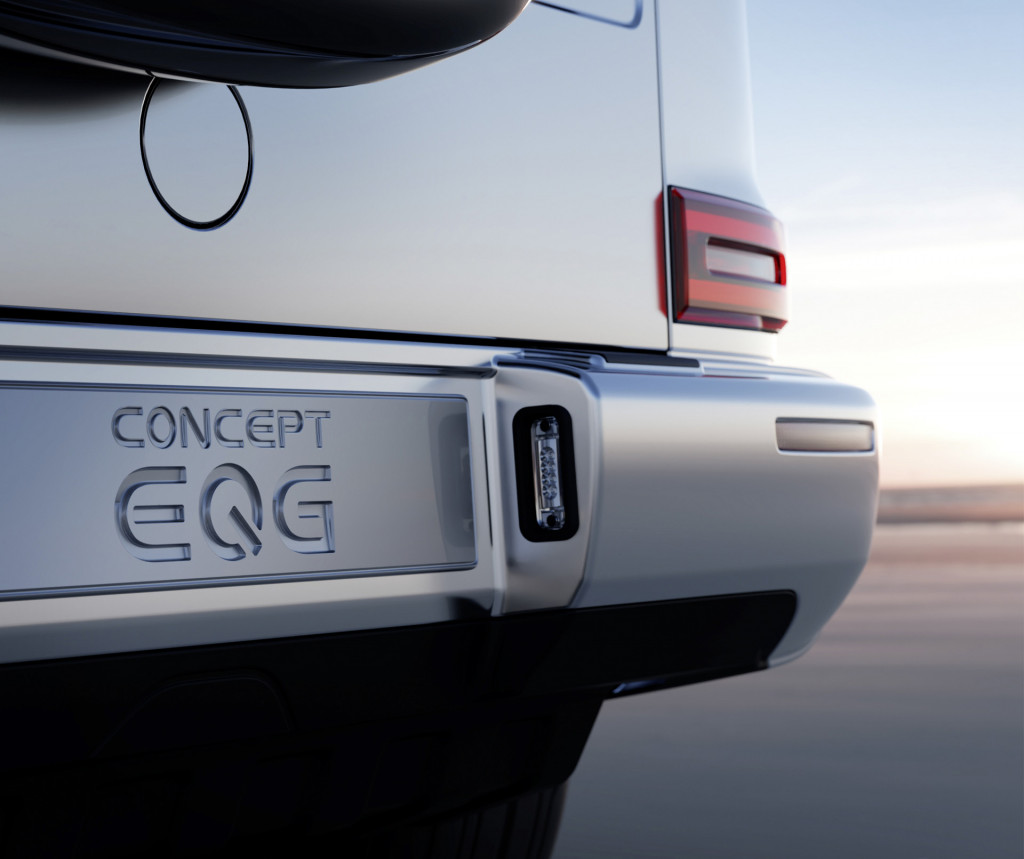Battery firm Sila Nanotechnologies claims a 20% EV range boost, as well as faster charging, with its nano-composite silicon-anode battery tech, branded Titan Silicon.
The company made that claim in a recent press release, adding that it has "a development runway to double those gains in future releases." Sila also claims its silicon anodes can allow for a 10-80% charge in 20 minutes, with plans to reduce that to 10 minutes.

Mercedes-Benz EQG Concept
These gains can be achieved with comparable safety margins and life cycles to current graphite anodes, Sila claims, while reducing battery weight by up to 15% and increasing space by up to 20%. It could also maintain compatibility with current battery cell form factors and manufacturing facilities.
The first automotive application for Sila's battery tech will likely be the Mercedes-Benz EQG, an electric version of the G-Class off-roader. Mercedes confirmed the tech for the EQG last May, with cells to come from a factory in Washington State using 100% renewable energy. The EQG is due in 2024, but Sila-sourced cells are slated for use in a longer-range version due later in the decade.

Mercedes-Benz EQG Concept
Sila's closest rival in the race to commercialize silicon-anode battery cells is Group14 Technologies, another U.S.-based firm, which sees the tech as a path to faster charging, and thus a potential antidote to heavy, expensive battery packs. If EVs can charge more quickly, range becomes less important, just as with gasoline cars. The ability to easily find a gas station and quickly refuel means drivers of gasoline cars rarely think about range.
Silicon anodes have been the next big thing since about 2018—and unlike some other trends in batteries very little has dampened the enthusiasm for them. General Motors is betting on them, too, backing developers in the hope that silicon-anode tech will provide more efficient batteries.












